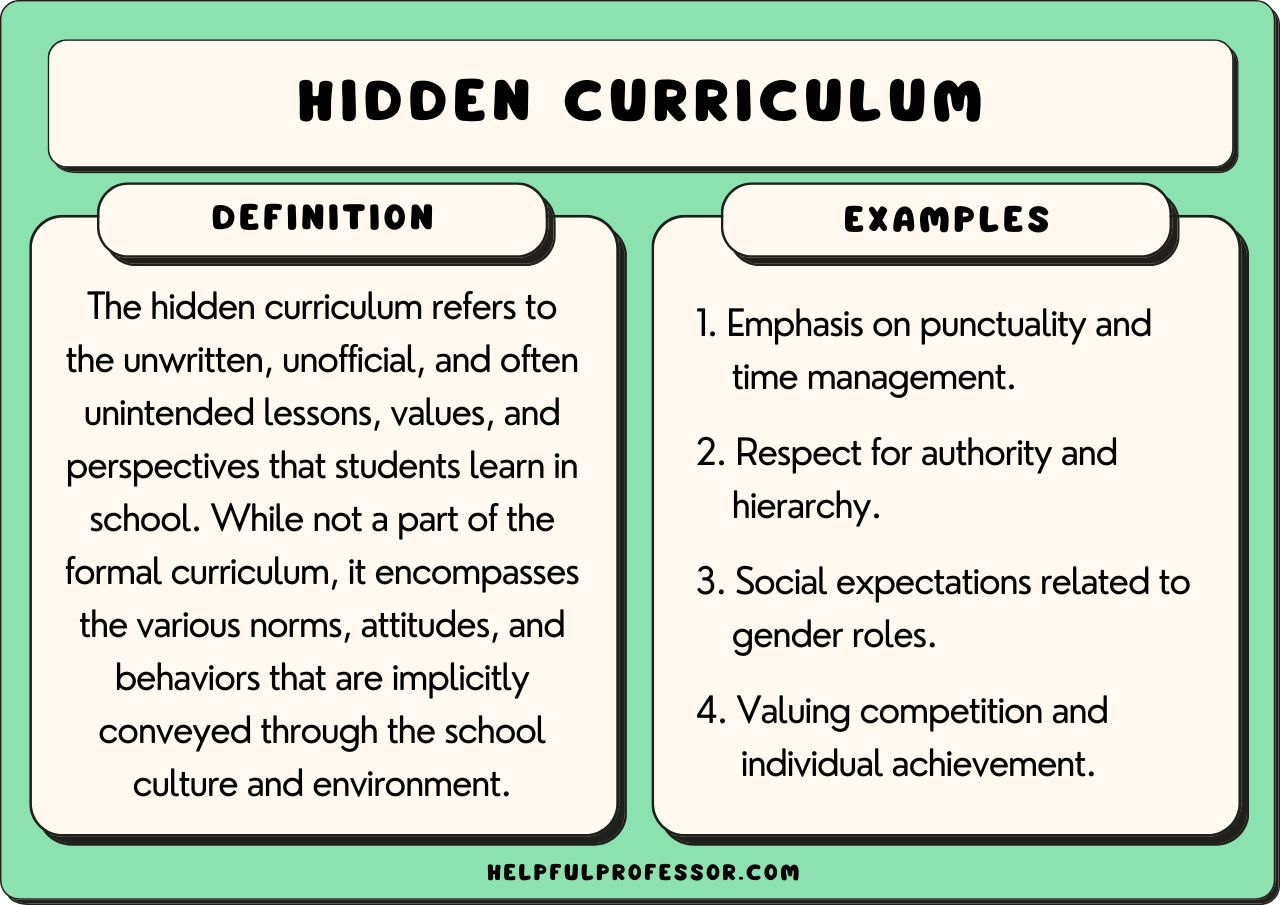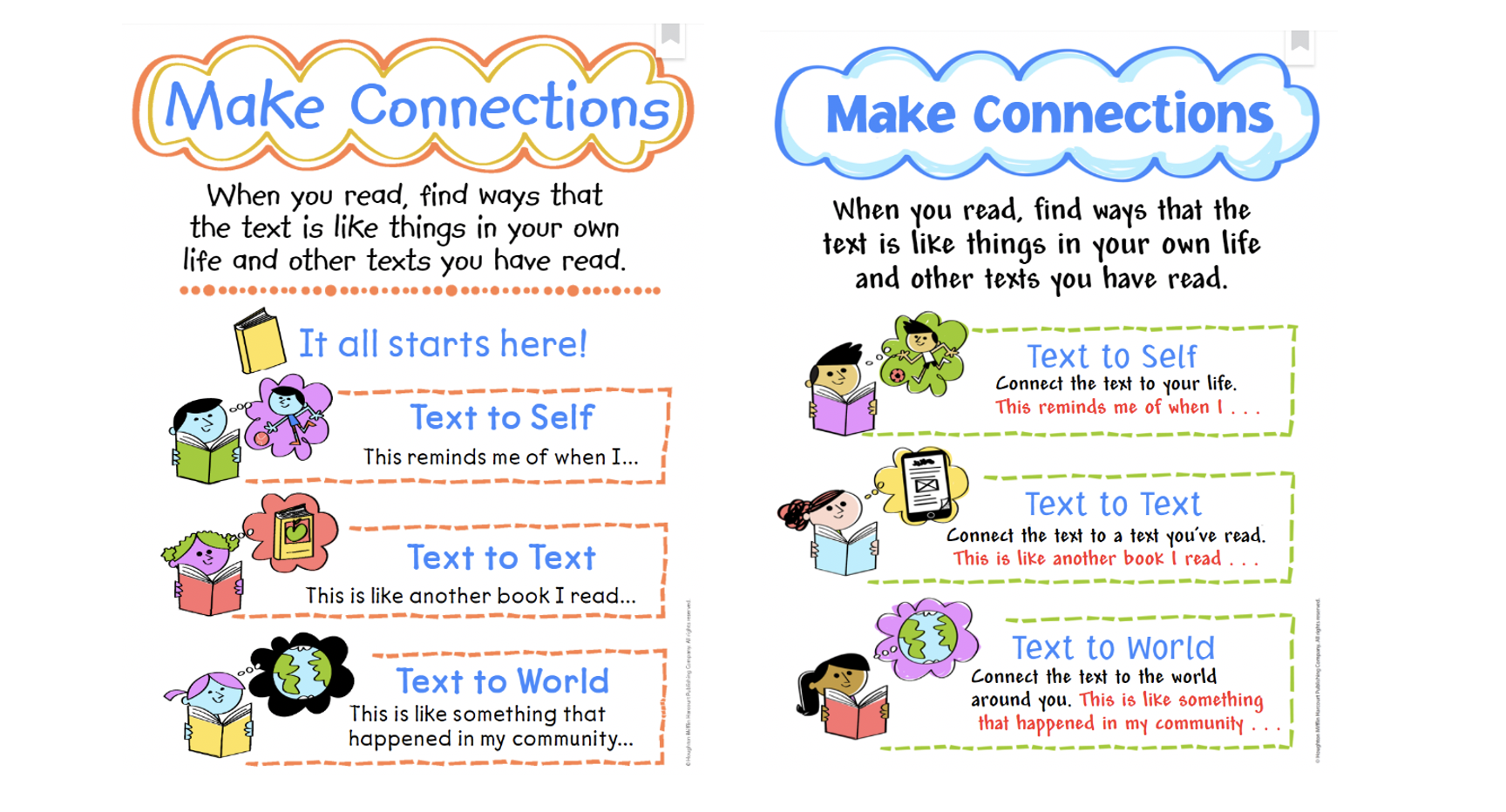Reading for Meaning in Academia: Conquering Overwhelming Academic Readings
by Prof. Jessica Calarco · Inspiration
Tue, 04 Sep 2018 · 3 minute read
Share

In my first year of grad school, I was overwhelmed by the amount and density of the required (and recommended) readings. I spent hours slogging through all of it. I had piles of notes. But I felt lost.
So now, in the interest of revealing the Hidden Curriculum of higher education, I share these tips with students.
First, read as much of each article/book as it takes to identify:
- The central research question
- The data/methods used to answer the research question
- The central argument/answer
- The fundamental patterns that support the central argument/answer
- The evidence that points to those larger patterns (e.g., statistical correlations, examples from field notes or interview transcripts, etc.)
- The limitations (i.e., what questions it doesn't answer; what perspectives or possibilities it doesn't consider)
- How do you cite the article/book/chapter in your own work (i.e., some research shows that X; some studies use method Y; authors have debated the best way to conceptualize Z, etc.)

Second, figure out how each reading relates to other things you've read, especially other things by the same author or in the same subfield/genre. Does this particular study:
- Support, explain, clarify, extend, or challenge what's been said before?
- Develop a new theoretical model?
- Use a new method?
- Add a new case/population?

Third, identify which books, articles, or chapters you'll need to read in full. Those include readings that speak directly to your research interests and the projects you're planning to complete. With those readings, you should be able to clearly articulate how your work builds on, is informed by, and is different from what's been done before.
Fourth, choose a citation manager (essentially a digital tool that allows you to keep track of the articles you read and also cite those articles more easily in your writing). There are lots of different tools out there. Zotero, Mendeley, EndNote, etc. I haven't found one that's perfect, but there are a bunch of free options, so I'd suggest starting there and trying to find one you like. Once you choose a citation manager, put *everything* you read into it. Use it to take notes.
Use the tag features to group readings by subfield and method and argument.
It'll make your life (and your research) way easier down the line.
Fifth, and finally, remember that the #HiddenCurriculum of academia makes it easy to feel like a slacker for even considering not reading it all. But that "feeling like a slacker" thing is exactly how the #HiddenCurriculum produces impostor syndrome. No scholar can read (or has read) everything. Certainly not in full.
But the solution isn't just to skim haphazardly, skip half the readings on the syllabus, or quit reading entirely.
The solution is to approach reading like research--with a set of questions to answer and a clear set of strategies to use in doing so.
***
This article was written by Jessica Calarco, Assistant Professor of Sociology at Indiana University. SFAN partners with universities, corporates, international development agencies, governments, charitable foundations, and individuals to unlock the potential of young people and create a global community of innovators. We believe that investment in young people is not only the right thing to do, but it is also the smart thing to do, and the time is now!
See how to partner with us to unlock the potential of Africa's young geniuses.

